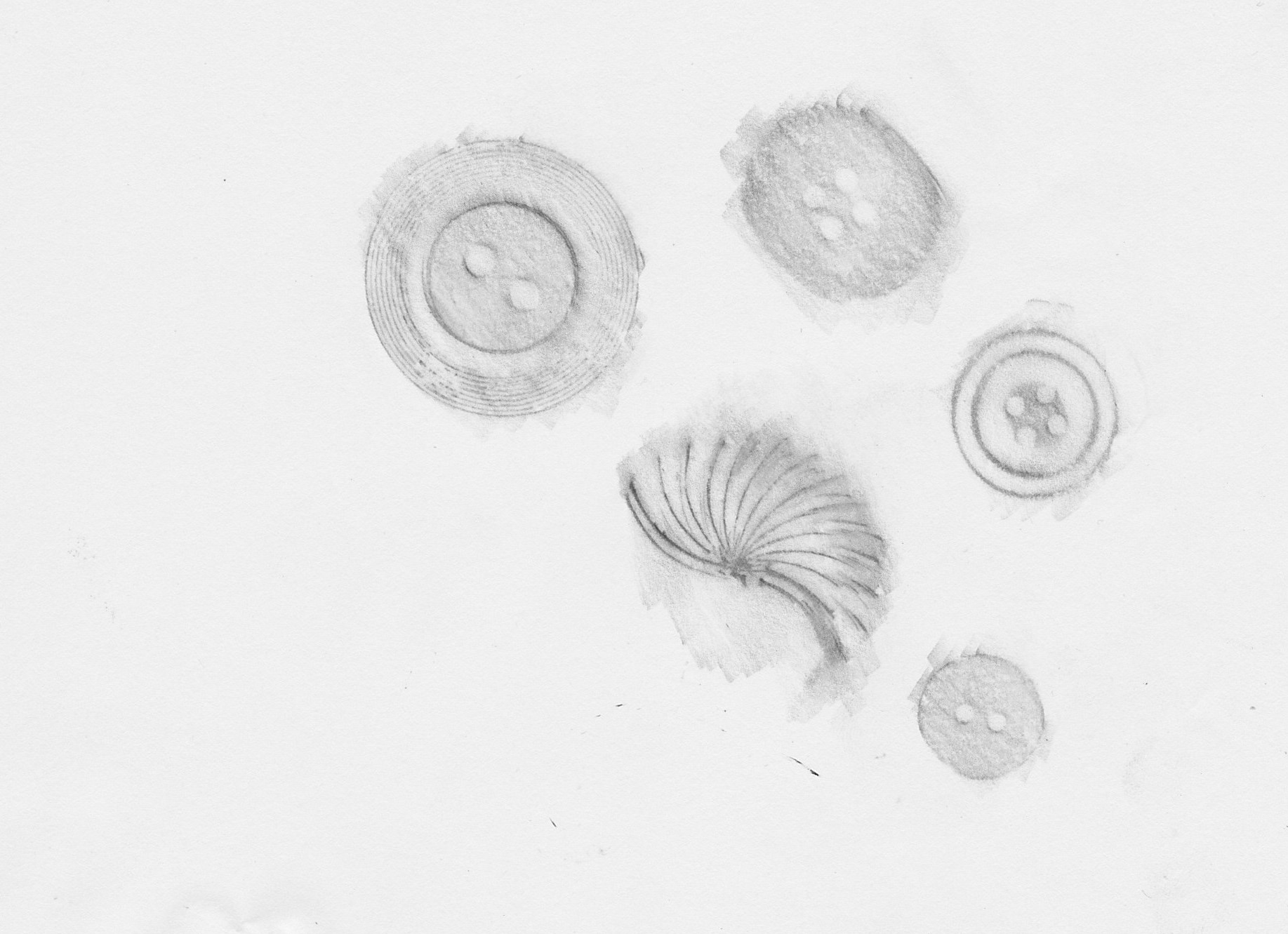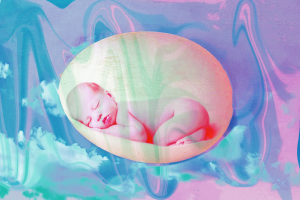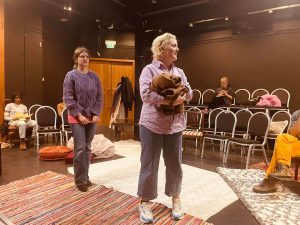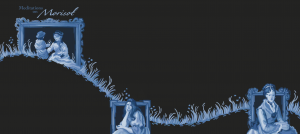
My Mother’s Name
by Flo Ward | April 15, 2017
When I was younger there was a song my mother used to play often. It was always there, in the background, wrapped around images of my childhood like a gauze. Translated by memory, the song doesn’t have a tune, nor many lyrics, but I can recall the moments in which it was present: my mother tidying her boxes of buttons on the black cabinet in our dining room; her kissing my fingers; the sun streaming in through the window overlooked by the train station, the house keys conducting heat in her palm. The song was about the sun, spring (her favourite season), and the singer was reassuring. Everything’s gonna be ok or was it don’t you worry little one? I’ve been trying to remember for a while but I can’t put my finger on it. I don’t know how to describe it except to talk about how the sun looked against the black cabinet which is no longer there, or the feeling of the day before school sliced it up into concepts of ‘time’.
I put the buttons and the ceramics on the kitchen table. The box; two teacups and a saucer (chipped). I remember how that happened – me washing up with slightly too much vigour and catching the rim on the side of the sink – and I wonder if she does. She didn’t mind, it wasn’t her favourite.
I change the order around. Try to think which came first, was it the red button she gave me with the flower carved into it in plastic and that she told me to keep safe? Or was it that she’d always had the teacup? Perhaps I didn’t notice until I began drinking from it? Making a timeline, mapping a song –
My mother used to wear more black than she does now, and I once told her it made her look younger. She laughed at this, her mouth full of those straight, square teeth. She used to have long hair tied in a wavy brown pony-tail at the nape of her neck.
Now her clothes are more considered. Complementary colours (acid yellow and grey; navy and orange; blush pink and khaki), wooden necklaces. My mother from childhood was abstract and I knew nothing of her life except from the way she looked whilst cooking pasta, or the voice she used for reading stories (always the same: careful, concentrated and in a tone different from her own). The way she hummed that song, bent over something so that the sun was on her back illuminating her spine and the fine hairs on her neck. My mother when I was younger was indistinct from everything else. Now she is not just my mother, and using her name feels stiff, like wearing somebody else’s shoes.
Sitting in the same kitchen, the scene of my growing up, it occurs to me that my mother’s name was not something I found all in one go but rather each letter at a time, such a gradual process that I didn’t notice until she was gone and someone else was there instead. It started with when she moved some of her old clothes out of the black cabinet (we were getting rid of it). She held up silky trousers with floral prints, told me she couldn’t believe she used to wear them, and I thought: I can’t either. I sat with her whilst she sifted through them and noticed, when the sunlight came through the window, how dusty they were. Are you keeping any? I asked, thinking about how these strange things would look in our home and what they would have to usurp to fit in. She said no, with a tinge of smile in her voice, fumbling with the zip on one of the dresses.
There were things in the house that I did not want to be moved: the boxes of buttons, which she colour-coded; rows of vintage ceramics (vases, jugs, sugar pots) like soldiers on the kitchen shelves; the plants along the windowsill behind the sink, smelling of soap. These were the foundations of my childhood. And the song, always playing in the morning sun, warming everything we owned.
I thought I might find it if I pieced these things together, so I’m sitting with the buttons and the ceramics (the right plants were more difficult to get hold of) looking at them, willing an epiphany. She asks me what on earth am I doing – she thought I had just popped round for lunch. When I lay the buttons and ceramics down on the table and touch them gently she does so too. It is a moment before she asks me why I want to know what song it was so much (and was I sure the song even existed?). Explaining the whole situation to her would involve expecting her to see, in the histories prised from these objects, a common thread between mine and hers, but I know that where I see a button she used to allow me to play with, she sees something that fell off a coat. So, avoiding the intricacies that come with investing ourselves in other people’s insignificances, I say, I’m just looking for something I’ve lost, I’ll put everything back where it goes after, don’t worry.
The way the sun fell on the black cabinet. My mother’s voice when she set up my dolls. The feeling of endlessness in the days before growth grated away at it made everything whole and finite. Her in the kitchen, back to me, chopping. The song on her lips, vibrating gently. If I could find the woman with the uncomfortable name that rubs when I use it would untangle and loosen and spread out and become the space that was my mother again.
Illustration: Megan Black




